
Articles on Childhood obesity
Displaying 1 - 20 of 116 articles

Since nutrition standards were strengthened in 2010, eating at school provides many students with healthier food than is available cheaply elsewhere. Plus, reducing stigma increases the number of kids getting fed.

Obese children outnumber underweight ones globally, and ‘social determinants’ in kids’ lived environments play a fundamental role. Obesity in kids can lead to a lifetime of poor health.

Access to swimming in the UK has been hit by COVID and the cost of living crisis and that has consequences for children and young people.
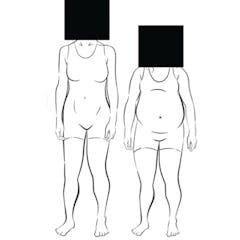
While excess weight arises from a complex interplay of genes, environment, diet and activity, new research finds Americans hold parents responsible for excess weight in their kids.

The emotional stress of growing up in a poor household may contribute to obesity.

A new report predicts child obesity could reduce Australian life expectancy by more than four years. Here’s why you should be a little skeptical.
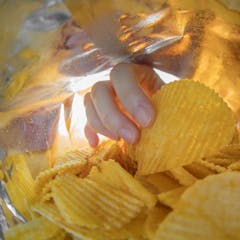
We wanted to find a way to reduce how much children snack on foods high in fat, salt and sugar.

Child malnutrition is no stranger to high-income countries. In Canada and the U.S., food insecurity affects one in six children under 18, but policies to address the issue are still lacking.

Whether it’s a special treat or family traits, children’s risk of being overweight or obese is strongly linked to their grandparents.

Rates of obesity and eating disorders like anorexia and bulimia both surged among young people over the past two years. Scholars explain why, and how parents can support kids dealing with body shame.

Obesity and excess weight increase the risk of COVID progressing to severe disease, including in children. Vaccination is key to reducing this risk.
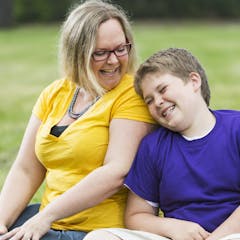
A study of over 1,000 children in rural Oklahoma found that social and emotional health may be just as important as diet and exercise in reducing child obesity.

A ban on sugary drinks sale and advertisements in schools is likely to hold more promise in improving the diets of children and help prevent obesity in children than voluntary actions.

Malnutrition during the first 1000 days of life can cast a long shadow over a person’s life.

Growing fruit and vegetables gets children moving and gets them enthused about healthy eating.

With UNICEF ranking New Zealand 35th out of 41 rich countries for children’s well-being, the gap between rhetoric and reality is wider than ever.
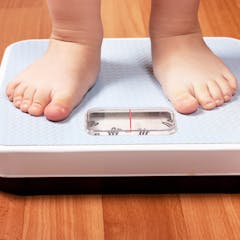
Obesity in young people today may contribute up to 14% of overall risk of multiple sclerosis in 2035.
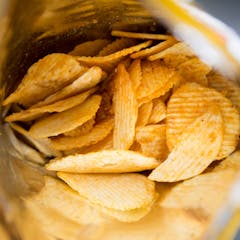
We asked five experts if there should be a nation-wide ban on junk food in schools. Four out of five said yes.

From obstacle courses to playing music, school children give their thoughts on how to make a daily run more exciting.

Poor neighbourhoods are driving health inequalities in children.
